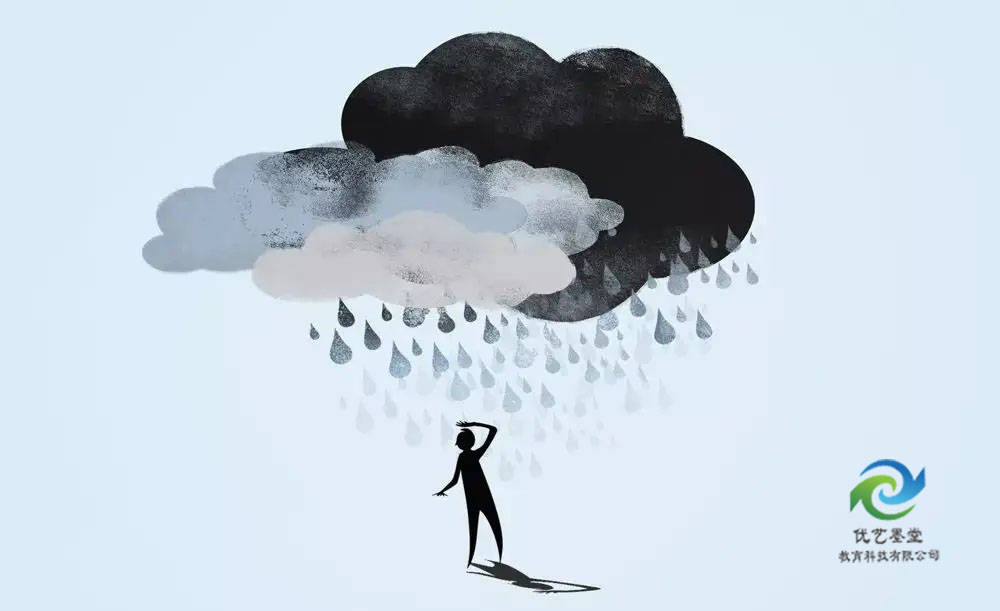In this fast-paced, high-pressure era, mental health issues among adolescents are increasingly prominent, with depression becoming a looming shadow quietly enveloping some young lives. When the heavy pressure of learning, the confusion of interpersonal relationships, the ambiguity of self-identity, and other multiple factors intertwine, some children have to press the pause button on life, choose to take a break from studies, in search of healing and rebuilding of the soul. This is a journey full of challenges and growth, as they learn how to move forward with inner “malfunctions” in different ways.
1. Understanding Depression: The Hidden Pain of the Soul
Depression is not simply a feeling of low spirits or “being dramatic,” but a complex psychological disorder that silently erodes the patient’s cognitive, emotional, and behavioral abilities. For adolescents at a critical stage of growth, depression may stem from academic pressure, family relationships, social anxiety, and other factors. It makes one feel continuous sadness, loss of interest, lack of energy, and even thoughts of self-denial and despair. Therefore, choosing to take a break from studies is often a self-protective decision made in extreme pain.
2. Taking a Break is Not Escaping, But Restarting
Taking a break does not mean giving up or escaping; instead, it is an opportunity to take a breather, a chance to reexamine oneself and explore the inner world. During this time, children can temporarily step away from suffocating environments, focusing on self-healing. They may try various methods such as psychological counseling to find a recovery path that suits them. It is also a time to learn how to coexist with depression, how to maintain hope and resilience in adversity.
3. Living with “Faults”: A New Philosophy of Life
As children gradually emerge from the shadow of depression and face life again, they may find that they can never fully return to their past state. This “fault,” though once causing them unbearable pain, has also become a testimony of their growth. They start to learn to accept their imperfections, understand that everyone has vulnerabilities and needs help at times. More importantly, they learn how to find strength in “faults,” view the world with more tolerance and understanding, and face life’s challenges with more resilience and courage.
4. Rebuilding Learning and Life: Slow but Steady Progress
Returning to campus or re-planning one’s life path is undoubtedly a new attempt and challenge for children who took a break due to depression. They may need to start with low-intensity learning tasks, gradually build confidence; they may also need to adjust their social circles and seek friends who truly understand and support them. Patience, understanding, and support are crucial in this process. Parents, teachers, and society should provide them with enough space and time, encourage them to progress at their own pace, rather than rushing or exerting excessive pressure.
5. Conclusion: The Radiance Shining in Adversity
The experience of taking a break due to depression, although full of hardships and challenges, is also a valuable wealth of life. It teaches children how to grow in adversity, how to find hope in despair. Just like the phoenix rising from the ashes, they, after enduring the baptism of wind and rain, will shine with a more resilient and radiant attitude, blooming their own light. Let us understand and support these brave children with a more open and inclusive mindset, together safeguarding their spiritual homeland.


